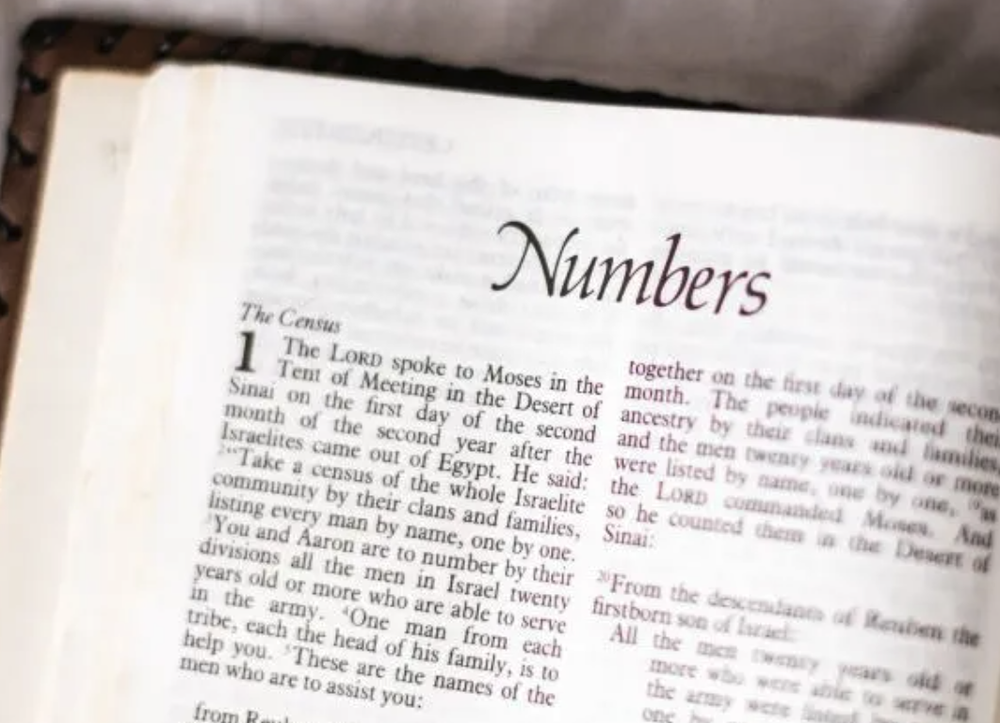No big deal. OK, it’s sort of a big deal: went to Arlington, Texas, for the start of the World Series. Let’s go, Rangers! But you knew that I would say that.
Speaking of the Fall Classic, Marvin Olasky writes at ReligionUnplugged that the World Series “reflects life and what little we can control.” I sure hope my favorite team can control its bullpen and win its first title ever.
But you signed on for religion news, not my baseball analysis, so here goes: The new speaker of the U.S. House is a Southern Baptist who has served as a trustee of the SBC’s Ethics and Religious Liberty Commission, Baptist Press’ Brandon Porter notes.
Rep. Mike Johnson, a Republican from Louisiana, suggested his election as speaker was ordained by God, according to Religion News Service.
This is our weekly roundup of the top headlines and best reads in the world of faith. We start again with the Israel-Hamas War, this time focusing on questions about the end of the world.
What To Know: The Big Story
End times debate: The Israel-Hamas war has sent Christians in search of prophetic meaning, as the Washington Times’ Mark A. Kellner, a former GetReligion contributor, explains:
Evangelical leaders are looking to the Bible’s end-of-days prophecies as congregants seek to understand the Israel-Hamas war.
While the Book of Revelation and the Gospel of Matthew offer details of what is to happen before Christ’s return, apocalyptic Scriptures have often been cited when global tensions flare up, such as Israel’s war of independence in 1948, the 1967 Six-Day War and the October War of 1973.
Believers also sounded alarms after the eruption of World War II, the Cold War and the 9/11 attacks.
“I think even secularists would tell you never have we faced so many severe threats in the world that we’re facing right now,” said the Rev. Robert Jeffress, senior pastor of the First Baptist Church of Dallas.










